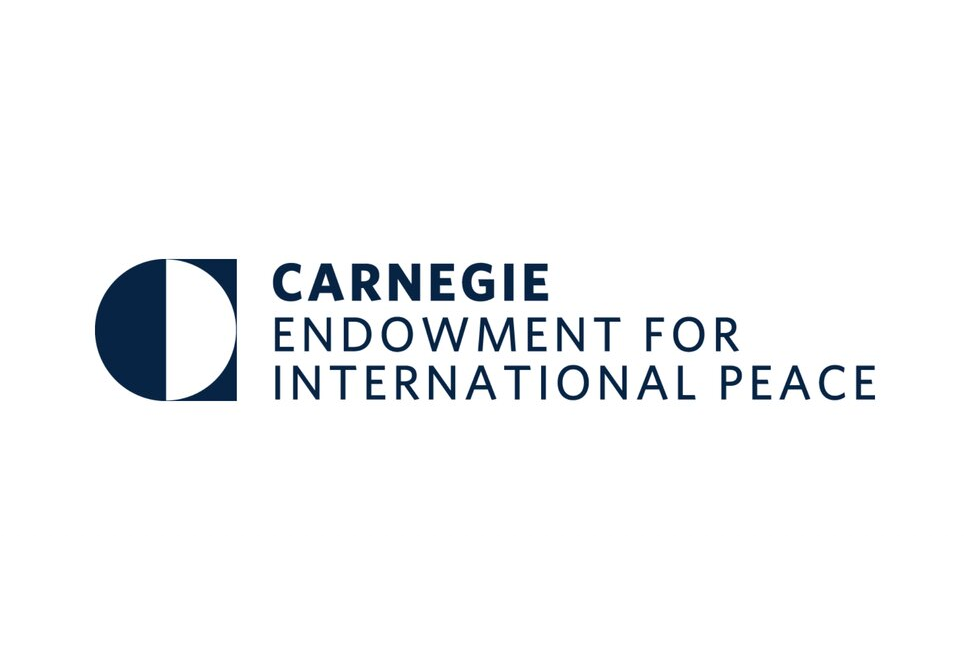Costa Rica’s New Populist President Could Be a Lesson in Democracy—or a Worrying Trend


With the win of Rodrigo Chaves in Costa Rica's most recent presidential elections, the country is the latest democracy to elect a right-wing populist leader. Oliver Steunkel considers the conditions of toxic campaigning, low turnout, and public disillusionment with traditional parties surrounding the vote, as well as the structural challenges facing Costa Rica, and considers the possibilities for Costa Rican democracy. Highly independent courts and limited powers for the president over the legislature bode well for the future of democracy in the country, but still worrisome is that Chaves suggested during his campaign that he would rule through executive proposals and referendums. The author, however, does not think it likely that Chaves will be successful in implementing his promised reforms given the current structure and political context of governance in Costa Rica. If the country's democratic institutions continue to remain stable, Costa Rica may provide lessons on ensuring that populists in key power positions does not translate into democratic erosion.
Read the full piece here at the Carnegie Endowment for International Peace.

